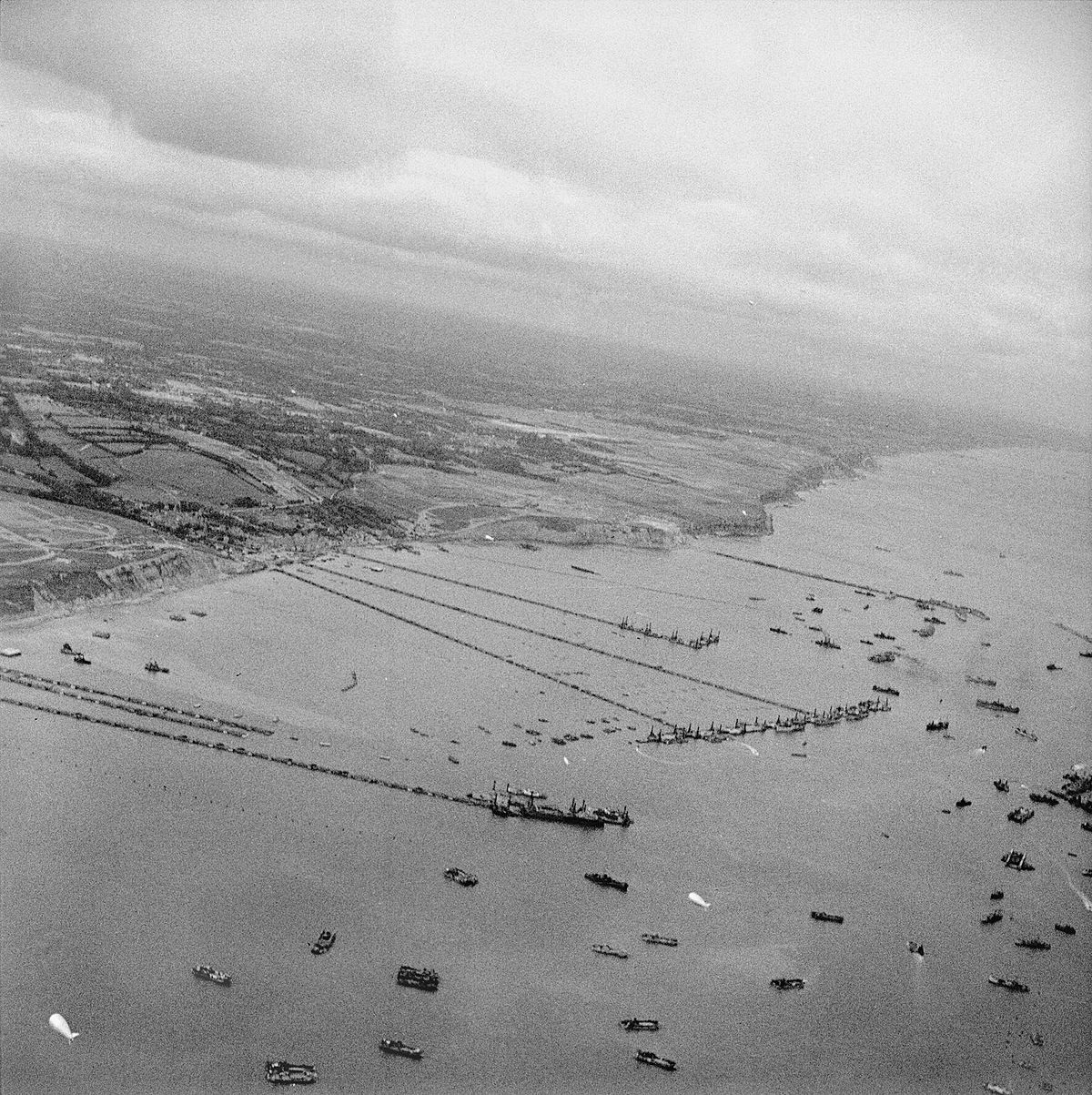What is really ironic to most of us who studied the war, is that at the start of it the Germans rather quickly and easily showed how ineffective static defenses were against a determined invader.
Then tried to do the exact same thing, which had already been proven a failure multiple times by then. Including in Europe and Asia. In fact, the most effective technique against beach landings is actually what the Japanese did in 1944 and 1945. Stop even trying to fight on the beaches themselves, allow them to move inland then hit them hard. They still lost the battles, but took a lot more round-eyes with them than they did at the earlier battles where they fought tooth and nail for the beaches.
I was a Combat Engineer in the Army. Defensive Fortifications and constructions are still taught today. Because they do work, within reason.
Let me explain. If your purpose is to delay, or deter the enemy, the fortifications can and do work. If it is to prevent any enemy from getting through. They do not work.
You hope to deter the enemy. Let them see the assault will be very expensive and potentially fail. It will cost a lot of troops and equipment for an outcome that is in doubt. Delaying is the time it takes the enemy to clear paths through the obstacles.
While they are trying to clear the obstacles, you want them under sustained direct and indirect fire. Rifle, Machine Gun, Mortar, Artillery, and Aircraft all firing on the enemy. More troops responding to the defense location to help create a defense in depth.
The fixed defenses were never intended, by themselves, to stop the Invaders on the beach. They needed additional forces to come and reinforce the defense. Infantry to plug any gaps before they can be exploited. Artillery to drop death on the troops. Aircraft to destroy the vessels bringing supplies to the beach. Tanks to destroy the lightly armed troops coming ashore.
The problem with D-Day is that those troops were never sent, or were sent too late to do any good.
I mentioned above, it was also a problem with intelligence. The best thinkers of the era believed you must have a port. You must take Calais. Or another Port to support the invasion. Read up on the German planning for Sea Lion, and the ideas the Germans had for invading England.
German planners realized that to Invade England they must control the Sea and Air of the Channel. They needed to invade on a wide front otherwise defensive forces could and would surround and overwhelm the invasion forces.
For our part, mistakes made on our side made it confusing and screwed up the Germans until we had a good foothold. An example. If the Airborne and Glider troops had dropped as intended and planned. The enemy could have had a good picture of what was happening shortly after dawn. While the first waves were coming ashore. But the Airborne drops were screwed up. Troops scattered to hell and gone. Units intermixed and well out of their areas. Units becoming pick up squads and platoons all rushing to seize a road junction or bridge. Mass confusion for German Intelligence Officers to try and make sense of, and report to their Generals.
Without that information reacting properly to the attack is impossible.
The Germans would capture a Paratrooper. His objective is some twenty miles from where he was found. No way can that be the plan. Dropping paratroopers twenty miles from his objective. It must be a ruse. A raid designed to draw troops from Calais which is the obvious objective for a true military mind.
By the time the German High Command realized Normandy was the real objective, we were building the Mulberry Harbors and troops were at least a mile inland and pushing hard to take more territory. Every road junction was held by at least a squad a paratroopers.
You say that it proves fixed defenses don’t work. Tour Normandy today. The structures are still there. The cost in casualties was enormous. Years of planning and preparation resulted in a victory at an incredible cost.
Let’s be honest. The first wave was intended to remove the beach obstacles and get ammo and material ashore. The second wave could be more lightly weighed down, as ammo and material would be there on the bodies of the first wave.
Every officer down to the youngest Lieutenant was told to inland. Fast. The Sergeants were told go inland. Fast.
Eisenhower even said. Before the battle the plan is everything. Once it starts. The plan is worthless. The battle is in the hands of junior officers and sergeants.
If Rommel had gotten the troops he needed. If the Tanks had been sent immediately. If the infantry units had rolled out immediately. It is possible, and perhaps even likely that the invasion would have failed.

